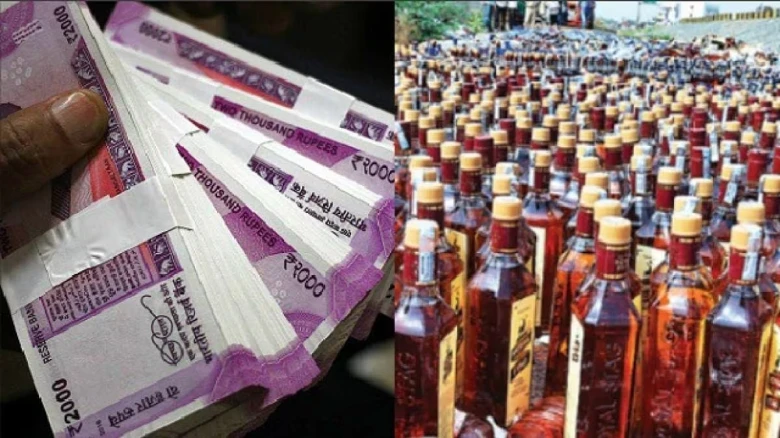North East

The Election Commission said on Monday that over ₹1,760 crore worth of freebies, drugs, cash, liquor, and precious metals, aimed at...
Digital Desk: The Election Commission said on Monday that over ₹1,760 crore worth of freebies, drugs, cash, liquor, and precious metals, aimed at influencing voters, have been seized in the five poll-bound states. This marks a substantial increase of over seven times compared to the seizures during the previous assembly elections in 2018, amounting to Rs 239.15 crore.
While Madhya Pradesh, Chhattisgarh, and Mizoram have already conducted their assembly polls, Rajasthan and Telangana are set to vote on November 25 and November 30, respectively.
The Election Commission emphasized the importance of inducement-free elections to ensure a level playing field for all candidates and parties. Chief Election Commissioner Rajiv Kumar had stressed this point while announcing the poll schedule for the five states.
The Election Expenditure Monitoring System (ESMS) has played a pivotal role in monitoring election spending, incorporating technology to enhance coordination among central and state enforcement agencies. This, in turn, has led to better intelligence sharing and a more efficient monitoring process.
Notably, Mizoram reported no seizures of cash or precious metals, but authorities recovered drugs worth ₹29.82 crore. The Election Commission has deployed 228 officers from various services as expenditure observers, with 194 assembly constituencies marked as "expenditure sensitive" for close monitoring.
The commission anticipates that the figures for seizures will continue to rise as the election process unfolds. The substantial increase in seizures highlights the Election Commission's commitment to maintaining the integrity of the electoral process and curbing illicit practices that could compromise the fairness of the elections.
Leave A Comment